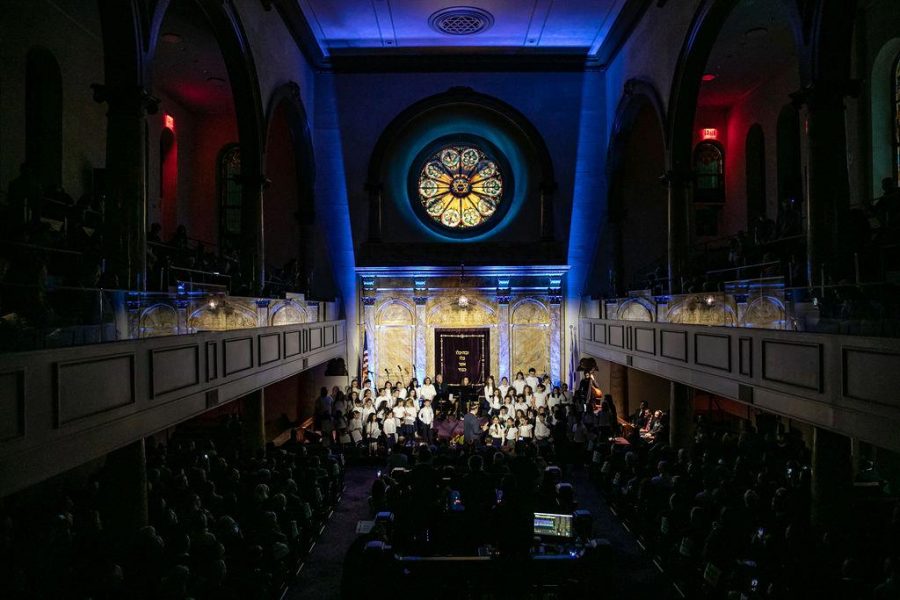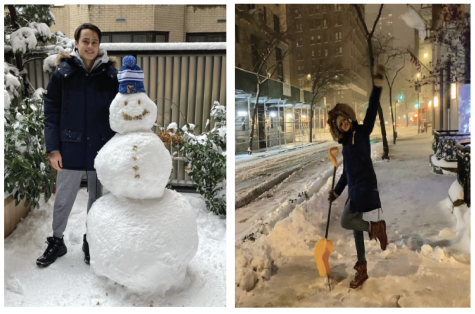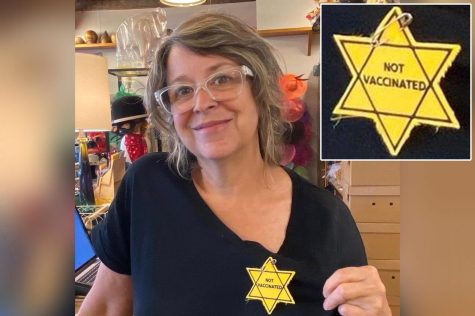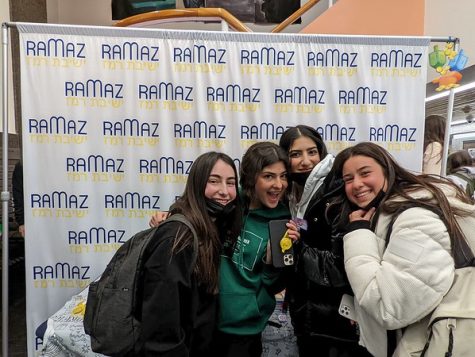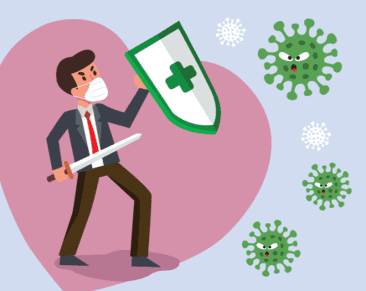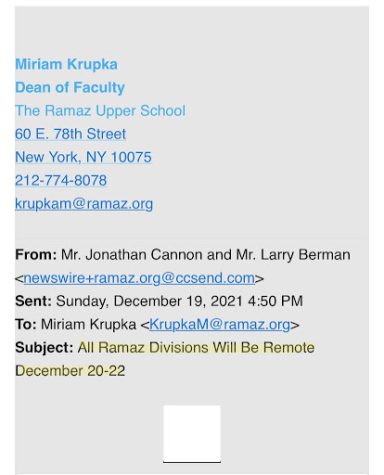The Effect of COVID-19 on my Religious Community
Community is arguably one of the most important aspects of Judaism. We gather during times of celebration, for brit milot, b’nai mitzvah, and weddings. These major life events are not the only times when the community comes together. We connect with each other for all life events. Shiva connects people during times of loss when the sense of community can provide comfort. We also come together for routine events, such as when we go to shul every Shabbat. In efforts to “flatten the curve” of coronavirus cases, most shuls have been closed.
As a group leader at Kehilath Jeshurun (KJ), I was not surprised to find out that shul would be closed. In one of our previous leader meetings, we discussed how to address the virus with the kids and the likelihood of shul being closed. The annual Purim carnival was the first event to be canceled due to COVID-19. On March 16, the shul sent out an email telling us that a few members of the community had been infected. In order to limit the spread of COVID-19, the decision was made to close the entire school and shul. I have to admit that initially, I was excited about this news. KJ’s closure meant that I would not have to wake up on Shabbat at 8:30 to watch 40 three-year-old children for around four hours. I could sleep in for the first time in months.
Efforts were made to ensure that the feeling of community was not lost. Ramaz offered a Kabbalat Shabbat Zoom to connect with others before a Shabbat in solitude. KJ hosted a Zoom Havdalah.
On Shabbat “morning,” I woke up at 3:00pm (no, really) feeling very refreshed. I spent the day playing games with my family and relaxing. It felt as though one community closing strengthened another. I felt privileged to spend quality time with my family while protecting the greater community.
As Shabbat concluded, I decided to join the Camp Ramah in the Berkshires Havdalah service to unite with friends with whom I spend my summers. My friends and I were so happy to connect with each other and with staff members. Simultaneously, the remainder of my family was watching the KJ Zoom Havdalah. They were entertained by the cantor’s young daughter dancing as he sang the Havdalah and played on his guitar. In fact, she is one of the kids in my group. I was delighted to see her singing songs that I have taught her.
This seemingly biblical plague is affecting every aspect of our lives including religious practices. One bright side of social distancing is the opportunity it gives people to connect with family and friends. Although at times it feels as though this virus has limited our abilities to connect with others, Shabbat suggests otherwise. While this strange new reality can be unsettling, I have found the efforts being made to maintain and regulate normal routines comforting.

